Environment
The Latest

Legitimate Debate or Short-Sighted Complaints? 5 Reasons Affordable Housing Is Expensive to Build
There’s no denying that affordable housing can be expensive to build. But we need to look at the long-term benefits of those investments to see the bigger picture.
Explore Articles in this Topic
Search & Filter Within this Topic
filter by Content Type
filter by Date Range
search by Keyword

Public Housing Must Be a Part of Fair Housing Planning
Because their programs provide the most deeply affordable housing in the country, public housing authorities should be both supported in improving fair housing outcomes and held to account when they fall short.
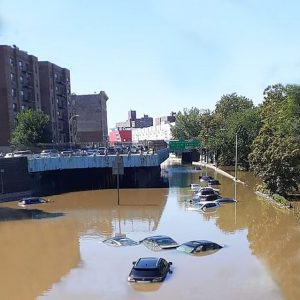
How the Inflation Reduction Act Can Protect Low-income Renters From Climate Change
Climate change is an especially large threat to low-income residents. The Inflation Reduction Act offers a chance to act.

Taking the ADU Model to the Next Level, a Shelterforce and Next City Webinar
How can we get more accessory dwelling units built, keep them affordable, and make them forces for increasing racial equity?

The Shift to Using More Electricity Will Change How Affordable Housing Is Built
Policymakers and building designers have gone from pushing for energy efficiency to focusing on reducing carbon emissions by using more electrical-based systems. What are some of the benefits and challenges of going all-electric, and how can affordable housers move forward?
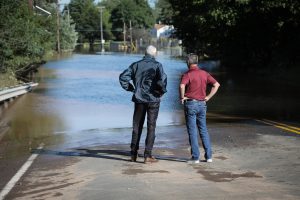
Are Urban Planners Staying Silent on Climate Gentrification?
Holmdel, New Jersey, moved its affordable housing to flood-prone land, raising a question about planners’ ethical obligations to speak up against such moves.

ADUs: Laws and Uses, Do’s and Don’ts
As ADUs gain national attention, cities are searching for the best ways to legalize their development and encourage construction.

After Ida, How Can Affordable Housing Withstand Climate Impacts?
What lessons can Ida offer to affordable housing managers and owners whose properties are at risk of damage from extreme weather events?
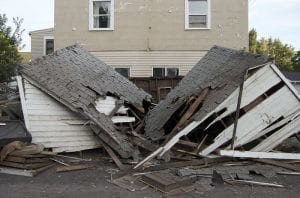
Flooded: How Natural Disasters Lead to Predatory Lending in the Rio Grande Valley
The devastation that communities in the Rio Grande Valley experience is twofold: the initial destruction of the floods and the cycle of debt and poverty as a result of predatory loans.

Pollution, Place, and the Unnecessary Tragedy of Premature Death: Lessons for COVID-19
In Louisville, low-income and Black populations living in neighborhoods dealing with decades of industrial pollution are now suffering the worst public health outcomes of COVID-19.
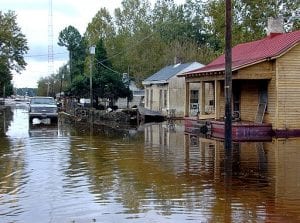
Deciding Not to Rebuild After Climate-Related Disasters
Officials in large and small cities along the East Coast are realizing that maybe they shouldn’t rebuild on land that repeatedly floods. Instead they’re focusing on buyouts, building affordable housing on higher ground, and other mitigation efforts.

L.A.’s Green New Deal and Housing: Will a Crucial Opportunity Become a Missed One?
Los Angeles’ Green New Deal is an opportunity to demand the type of investment in housing required to actually address the crisis we face. It would be an awful mistake to back down.
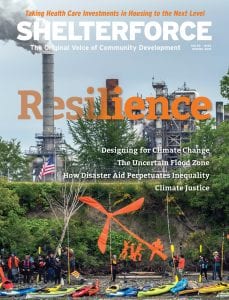
From Sustainability to Resilience
My first reaction to the emergence of “resilience” as a lens for viewing community development was mostly informed by skepticism.
